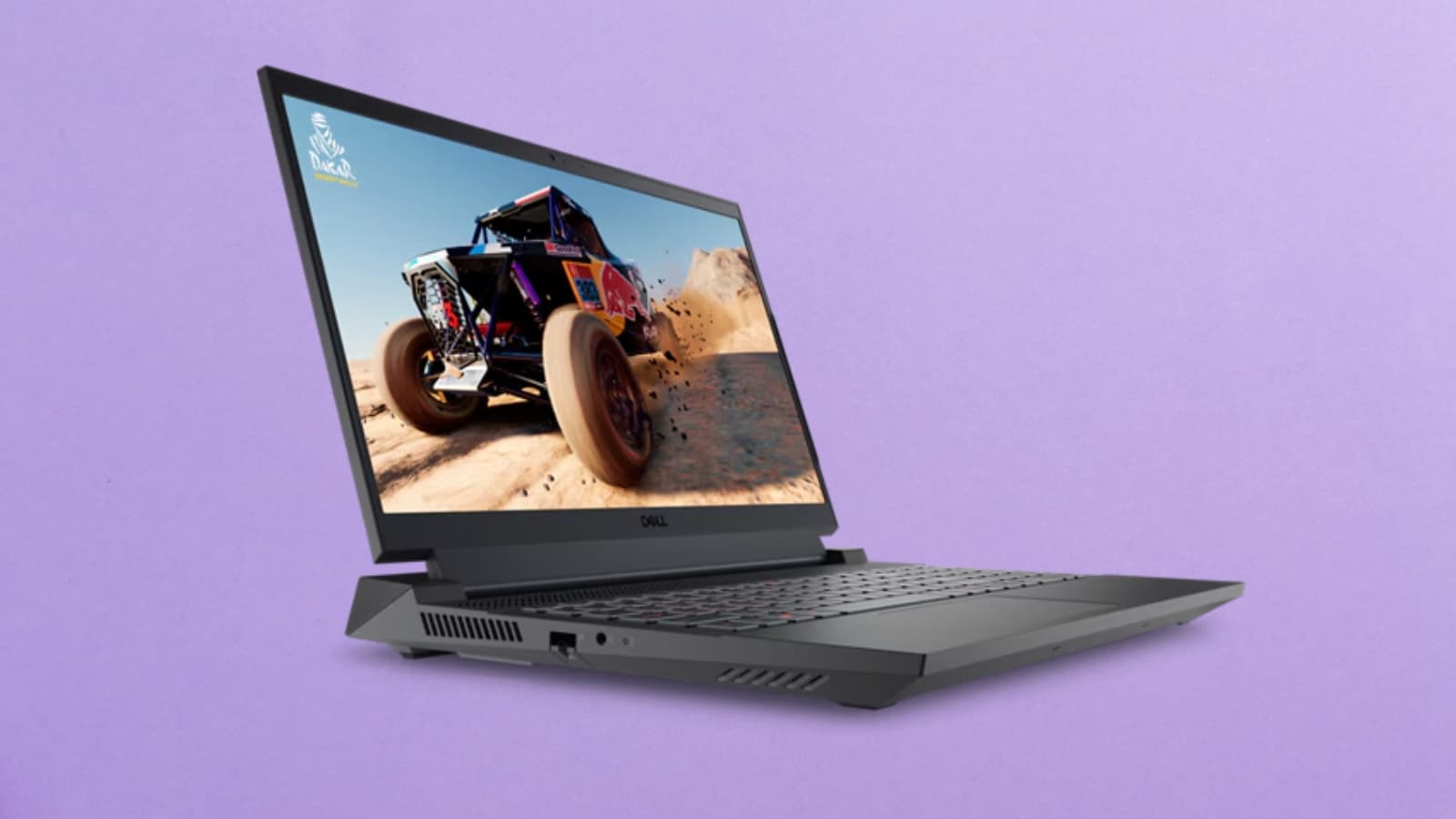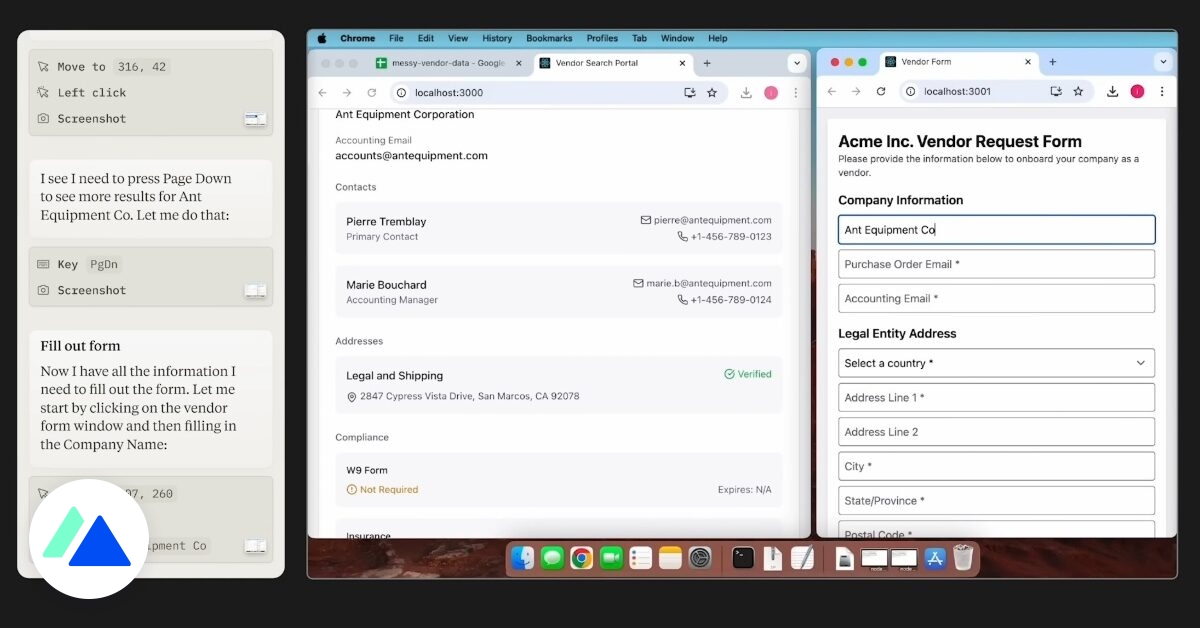Quantum startup Pasqal is one of the French gems in the sector. With special funding from the Ministry of the Armed Forces, it is participating in the Proqcima program which aims to create at least two prototypes of universal quantum computers in 2032.
However, a quantum computer is already a reality.
Pascal has just delivered the first machine of this type to a third party, in this case GENCI (Grand Équipement National de Calcul Intensif).
Quantum computer combined with the Joliot-Curie supercomputer
A QPU or Quantum Processing Unit is installed inside Computer Center (TGCC) CEA (Atomic Energy Commission), a major player in research in France. In its press release, the startup declares strength Larger than 100 qubits.
As early as March, Pascal had already announced that quantum computers with more than 100 qubits would be available to some users. However, its ambition is to reach 10,000 qubits by 2026 thanks to its scalable logical qubit architecture.
GENCI's acquisition of a quantum computer is part of the HPCQS (High Performance Computer and Hybrid Quantum Simulator) project. It is jointly financed by Europe and the French Investment Program 2030.
Hybridization of quantum computing
As with its recent partnership with IBM, Pasqal is here engaging in the hybridization of quantum computing, that is, combining it with high-performance “classical” computing. Thus, the startup's QPU will be integrated with GENCI's Joliot-Curie supercomputer.
“The TGCC environment is known for its high-performance scientific computing and big data capabilities, making it an ideal home for one of the first quantum computers designed to work alongside supercomputers,” Deeptech asserts.
For GENCI Director Philippe Lavocait, the delivery of this quantum computer represents “a great first in France” and another step towards powering a quantum machine with cold – and thus presumably hybrid – atoms.
From simulators to real quantum devices
The availability of quantum devices represents a turning point. Until now, experiments in this sector have been performed through simulators – running on traditional computers.
Installing a QPU within the walls of CEA will allow the HPC and quantum computing communities “to complement their work with simulators with real computations on real hardware, where all our users are eager to use Pasqal's Orion system,” as Jacques-Charles Lavocrère attests. , Program Director at CEA.
Also within the HPCQS project, another quantum computer will be installed, but this time in Germany, at the Forschungszentrum Jülich (FZJ), coupled with the JURECA supercomputer. The two systems “will form the embryo of a pan-European hybrid quantum computing infrastructure.”

“Certified gamer. Problem solver. Internet enthusiast. Twitter scholar. Infuriatingly humble alcohol geek. Tv guru.”





